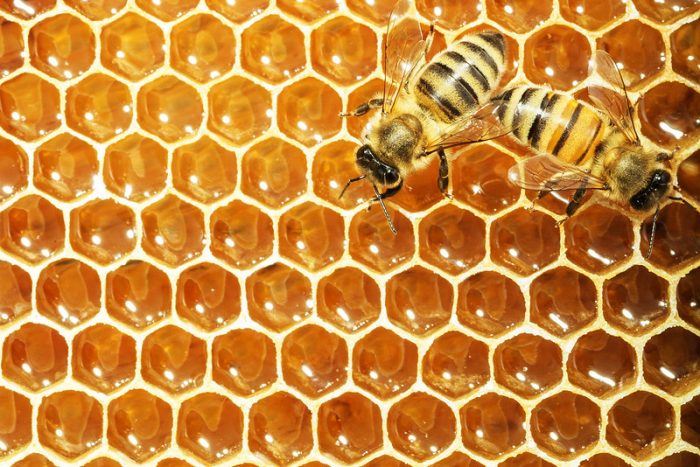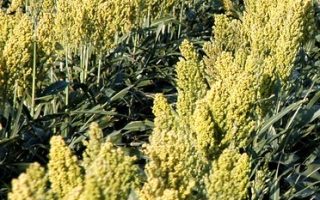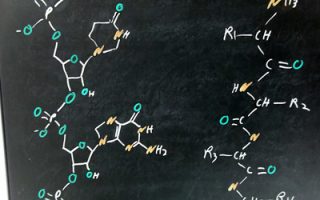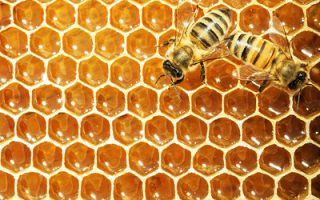
GM/Biotech Crops Report – December 2019
6th December 2019- GM/Biotech Crops Monthly Reports (BELOW) form part of BCPC’s free three-tier Biotech Crops Info service.
- This service also includes a weekly round-up of news from around the globe – see BCPC Newslink GM Crops section.
- Plus – Free access database on over 300 GM/biotech products covering 23 crops in the global market visit BCPC’s GM/Biotech Crops Manual – Register here for free access.
Already registered? Click here
GM/Biotech Crops Monthly Report December 2019
 | Progress on fighting ash dieback
|
|---|---|
| Sorghum yields doubled Scientists at the Cold Spring Harbour Laboratory in America have identified the genes controlling flower fertility in sorghum and, by manipulating these genes, claim that they can double sorghum yields. More. Pic: AgriLife |  |
 | Bacterial blight-resistant rice Bacterial blight switches on genes in the leaves of rice that give it access to nutrients in the leaf that allows the disease to colonise the leaves. Now researchers at the International Rice Research Institute have used CRISPR-Cas9 editing to make them unresponsive to bacterial blight and thus the rice becomes resistant to this disease. More. Pic: Jeff Youngstrom |
| Virus-delivered gene editing Gene editing often involves tissue culture to regenerate modified plants but now a team at King Abdullah University have developed a method of employing a plant virus to deliver the CRISPR-Cas9 reagents to all parts of the plant and the progeny of these plants carry the desired genetic modification. More. Kanijoman |  |
 | You will eat your vitamins Some diets are deficient in micronutrients and specific vitamins but now MIT has devised a way of incorporating deficient components as micro-particles in common food stuffs. More. Pic: denAsuncioner |
| More protein from Sorghum Sorghum, one of the world’s most widely grown food crops has about 9-10% digestible protein but a team in Australia have discovered thet by knocking out a few genes using gene-editing techniques, they can make more of the protein present digestible, raising the availability to 15-16%. More. Pic: healthmindandkat |  |
 | Honey from bacteria Bees make to feed themselves through the cold winter months when pollen and nectar are scarce. The art of the bee keeper is to only take what they can spare or he may suffer from colony collapse. Now a team of students at the Israel Institute of Technology have won a prize for developing a strain of bacillus subtilis that they have engineered to produce a honey ‘substitute’. Whether or not it tastes as good or has the same anti-bacterial properties is not mentioned in the article. More. Pic:Robert Scmidt |
THE LATEST ADDITIONS TO THE GM/BIOTECH DATABASE ARE:
• HB4 – drought-resistant soybean now approved for food, feed and environmental use in Paraguay
FOR INSTANT ACCESS TO GM BIOTECH MANUAL CLICK HERE (Registration required)
Already Registered? Click here to access

